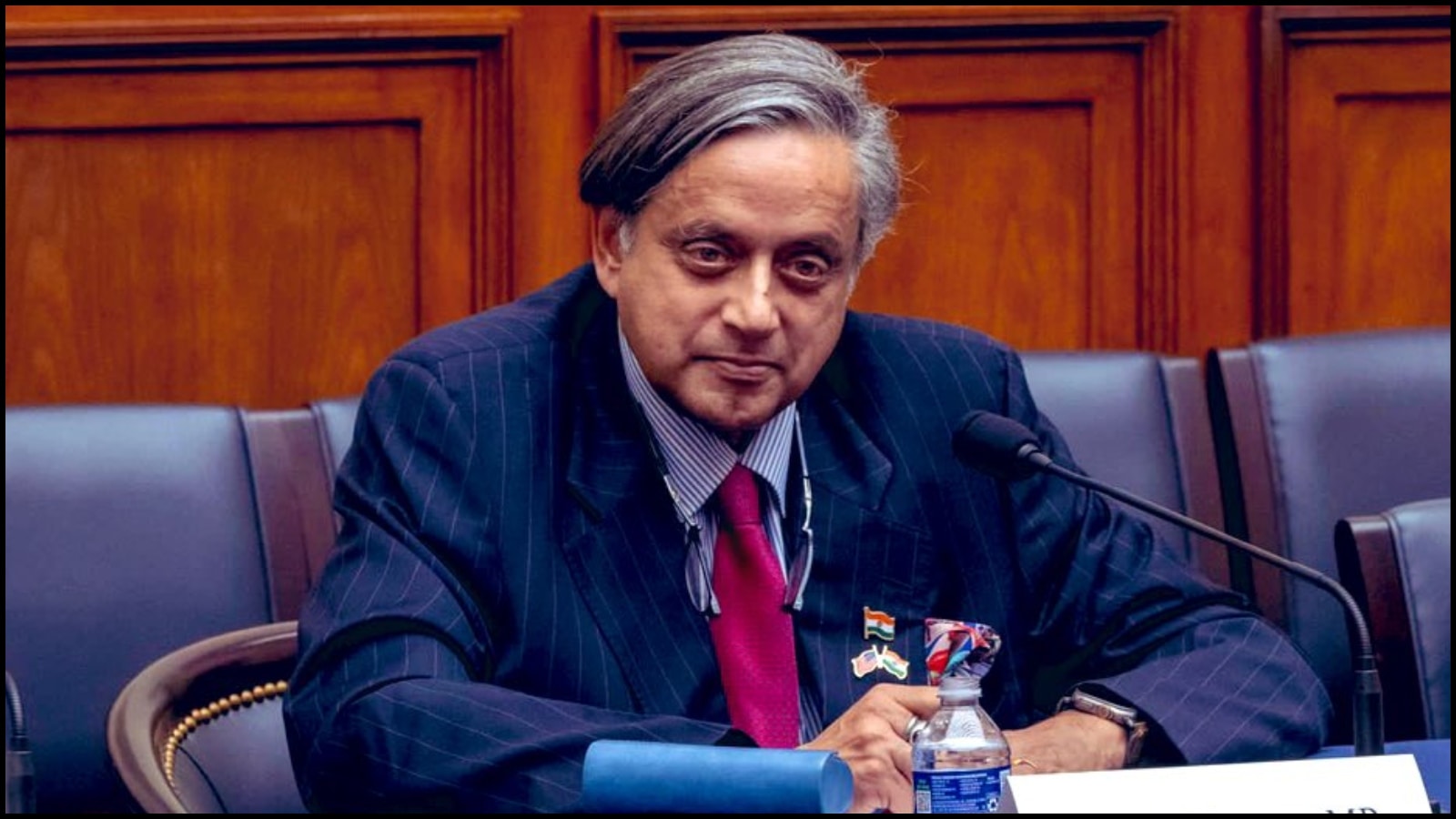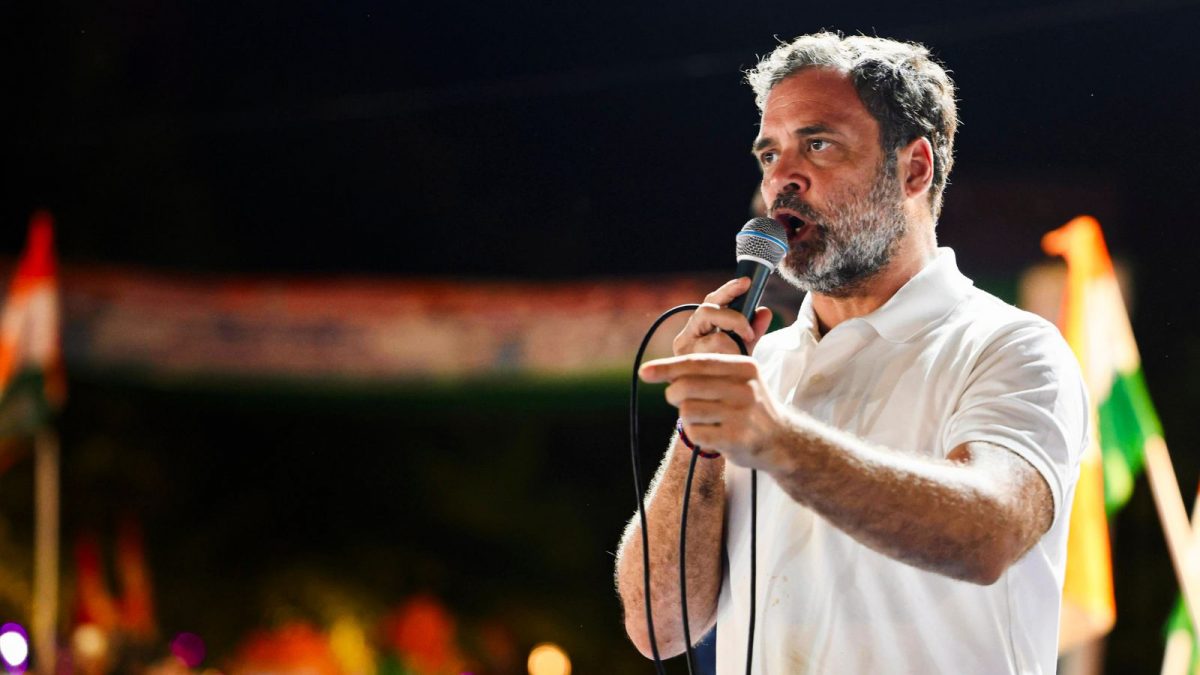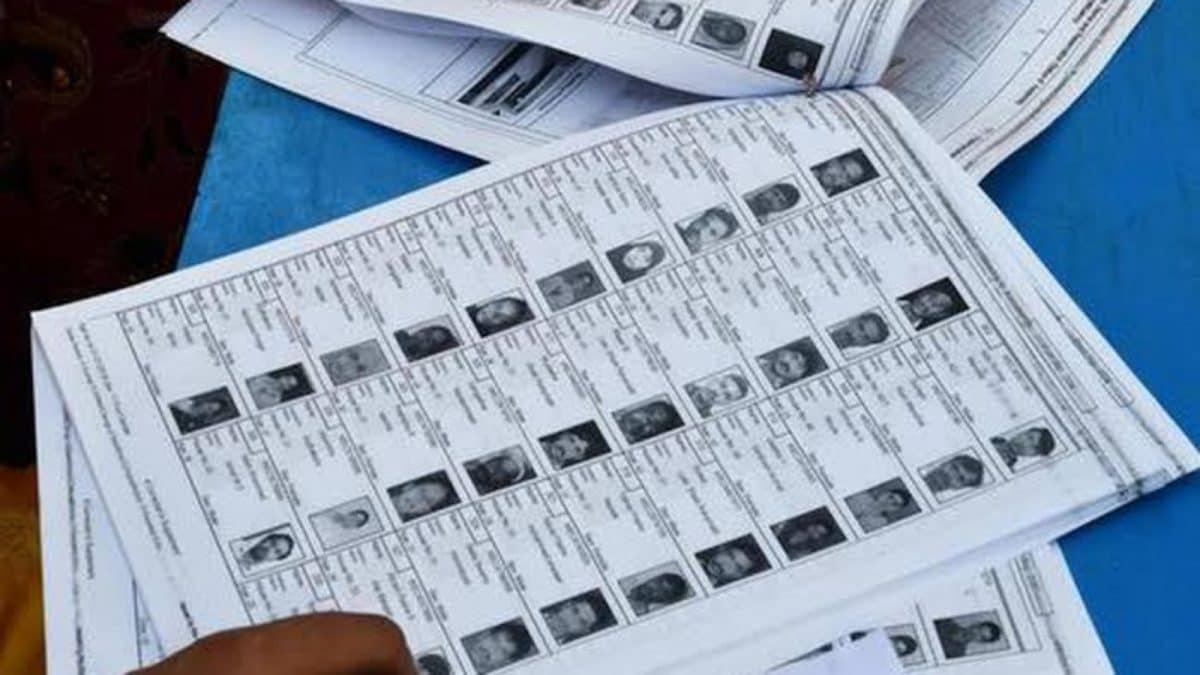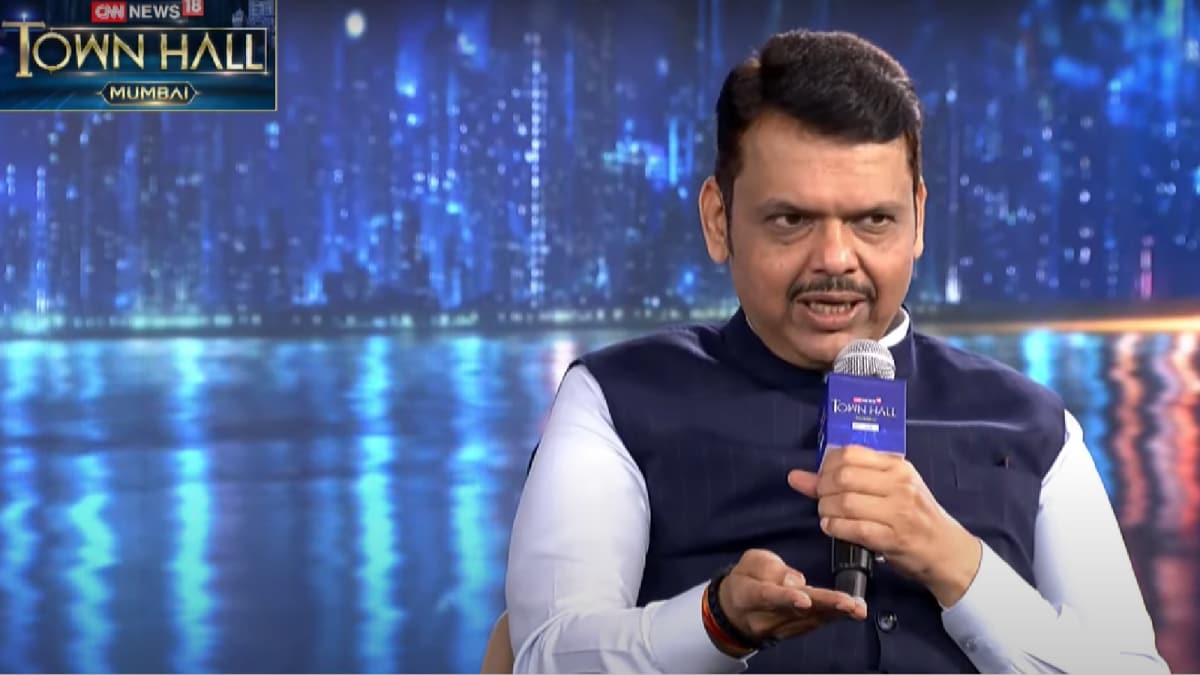Last Updated:
The Congress leader said when elected office is treated like a family heirloom, the quality of governance inevitably suffers

Shashi Tharoor
In an article that will likely not go down well with the Congress, party MP Shashi Tharoor has criticised dynasty politics, calling it a “grave threat to Indian democracy”.
In the article titled ‘Indian Politics Are A Family Business’, published on Project Syndicate, Tharoor says dynasty politics has cemented the idea that political leadership can be a birthright.
The leader says apart from the Gandhis associated with Congress, there are similar situations in multiple states, for instance DMK in Tamil Nadu, BJD in Odisha, Samajwadi Party in Uttar Pradesh, and Shiv Sena in Maharashtra etc. that practice dynasty politics.
“Even women politicians who have no direct heirs, such as Mamata Banerjee and Kumari Mayawati, have selected nephews as their successors,” he notes.
“It is high time India traded dynasty for meritocracy. This would require fundamental reforms, from imposing legally mandated term limits to requiring meaningful internal party elections, together with a concerted effort to educate and empower the electorate to choose leaders based on merit. As long as Indian politics remain a family enterprise, the true promise of democracy—‘government of the people, by the people, for the people’—cannot be fully realised,” he says.
Calling dynastic politics a “grave threat to Indian democracy”, Tharoor said: “When political power is determined by lineage, rather than ability, commitment, or grassroots engagement, the quality of governance suffers. Drawing from a smaller talent pool is never advantageous, but it is especially problematic when candidates’ main qualification is their surname. In fact, given that members of political dynasties are likely to be insulated from the challenges faced by ordinary people, they are often particularly ill-equipped to respond effectively to their constituents’ needs. Yet there is no guarantee that they will be held accountable for poor performance.”
The leader, while drawing a parallel with world politics, said such dynastic politics are practised across the Indian subcontinent. “The Bhuttos and Sharifs in Pakistan, the Sheikh and Zia families in Bangladesh, and the Bandaranaikes and the Rajapaksas in Sri Lanka. But they appear particularly incongruous with India’s vibrant democracy. Why, then, has India embraced the dynastic model so fully?”
“Indian political parties are largely personality-driven (with a few exceptions). Leadership-selection processes are often opaque, with decisions made by a small clique or even a single leader—figures with little interest in rocking the boat. As a result, nepotism generally trumps meritocracy.”
The Congress has not reacted to Tharoor’s statement yet, though sources said the party would most likely dismiss it as the leader’s personal opinion.

Neethu Reghukumar, Principal Correspondent at CNN-News18, has 12 years of experience in both print and broadcast journalism. She covers politics, crime, health in Kerala, and has extensively reported on floods …Read More
Neethu Reghukumar, Principal Correspondent at CNN-News18, has 12 years of experience in both print and broadcast journalism. She covers politics, crime, health in Kerala, and has extensively reported on floods … Read More
Kerala, India, India
November 03, 2025, 14:47 IST
Read More






